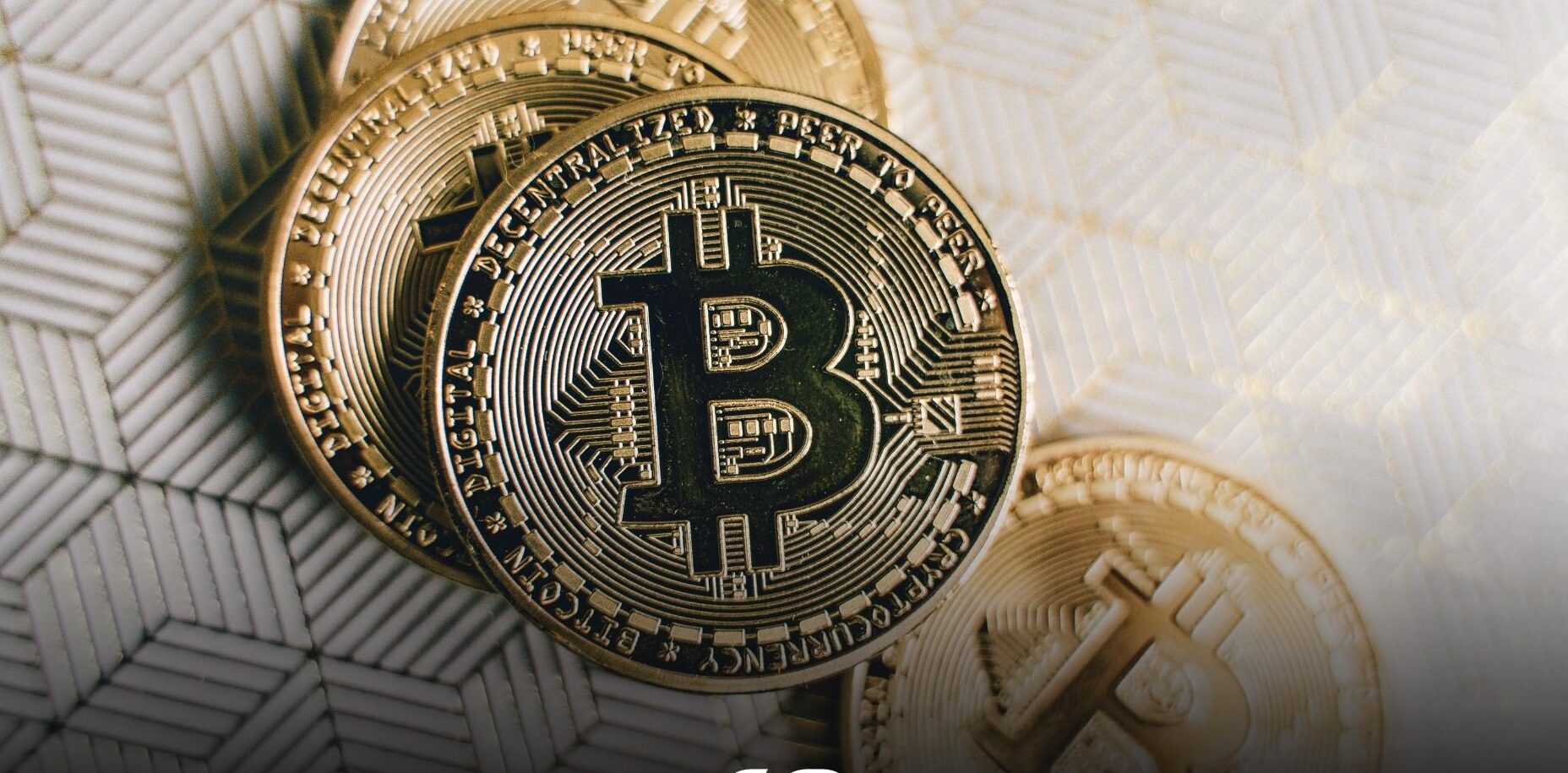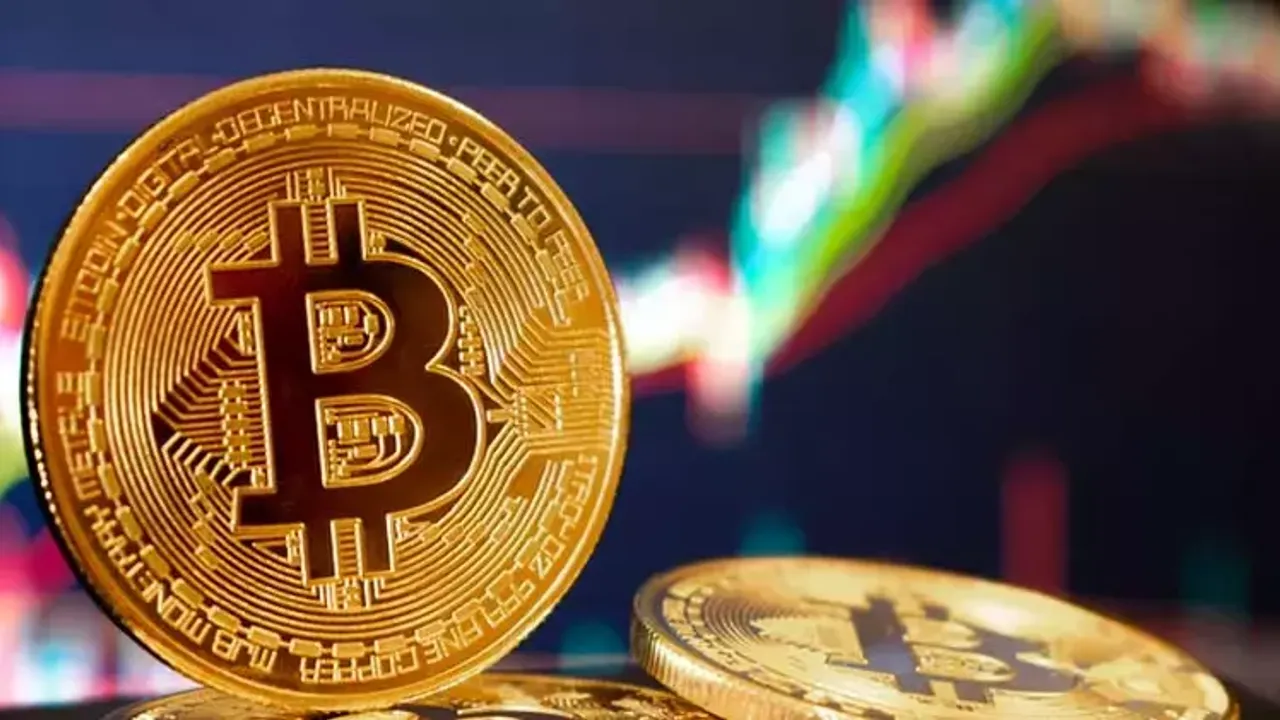Bitcoin is still the most important digital money, and it continues to make headlines and change the way modern finance works. Bitcoin is the first and most well-known cryptocurrency; thus, changes to it are very important to investors, authorities, technologists, and the general public. This article looks at the most recent news on Bitcoin, as well as technological progress, regulatory changes, and market movements, to give you a full picture of the world’s most popular cryptocurrency.
Bitcoin’s Journey to Legitimacy
Bitcoin started off as a little digital experiment in 2009 by the unknown person or group known as Satoshi Nakamoto. Now, it is a global phenomenon. Blockchain, which is the technology behind Bitcoin, made it possible to have a decentralised ledger system that didn’t need banks or other middlemen. This innovative concept enabled individuals to conduct cross-border transactions securely and directly, challenging the established banking systems.
Bitcoin is important for more than just making transactions. Because it is rare (only 21 million bitcoins will ever exist) and could be a good way to store value, people often call it “digital gold”. Many institutional investors, like hedge funds and publicly traded corporations like MicroStrategy, have adopted this idea and added Bitcoin to their treasury reserves. More and more institutions are showing interest in Bitcoin, transforming it into a real asset class. This has an effect on global financial markets.
Bitcoin Price Influencing Factors
Bitcoin news often talks about how its price changes a lot, which is caused by many things, such as the state of the economy, new technology, and news about regulations. Central bank policies, especially those of the U.S. Federal Reserve, have had an effect on Bitcoin’s price in 2025. This is because interest rates are going up and inflation worries are spreading through global markets.

Many businesses continue to influence Bitcoin’s price changes. Tesla’s prior actions, such as taking Bitcoin payments and then stopping them because of environmental concerns, show how complicated the relationship is between business and cryptocurrencies. El Salvador’s brave decision to make Bitcoin legal tender was also a historic moment that started discussions about the risks and benefits of adopting Bitcoin on a national level.
Bitcoin Network Technology Upgrades
Bitcoin news generally focuses on technology advances that are meant to make the network more efficient and scalable, in addition to price speculation. Although the Bitcoin network is secure, it faces challenges related to transaction speed and costs when compared to newer cryptocurrencies. To get around these problems, second-layer technologies like the Lightning Network have become more popular. This protocol makes off-chain transactions possible, which speeds up and lowers the cost of payments while keeping Bitcoin’s security model intact. Taproot, which became live in late 2021, was another important update. Taproot makes Bitcoin’s scripting better, which means it can handle more complicated and private smart contracts.
Not only does this improvement make it easier for users to keep their information private, but it also opens the door for more uses, such as decentralised finance (DeFi) apps on Bitcoin, which brings it closer to other blockchain platforms. A worldwide group of developers, who suggest and implement Bitcoin Improvement Proposals (BIPs), is responsible for keeping Bitcoin growing. These decentralised efforts demonstrate how Bitcoin’s governance system is different from others. Miners, node operators, and users all have a say in how the currency will develop in the future.
Global Bitcoin Regulatory Landscape
Regulation is still one of the most important things that affects Bitcoin news. Governments all throughout the world have taken different methods, from embracing new ideas to putting severe limits in place. The Securities and Exchange Commission (SEC) and the Commodity Futures Trading Commission (CFTC) keep a close eye on cryptocurrency markets in the United States. They give advice to safeguard investors while also encouraging growth.
China’s crackdown on Bitcoin mining and cryptocurrency exchanges shocked the market around the world, causing prices to drop temporarily and miners to move. On the other hand, countries like Switzerland and Singapore have set rules that are good for business, which have drawn in crypto entrepreneurs and investors. The goal of Anti-Money Laundering (AML) and Know Your Customer (KYC) rules is to cut down on illegal activity without getting in the way of legal ones. The Financial Action Task Force (FATF) still suggests rules that member countries should follow. These standards try to find a balance between safety and the promise of decentralised banking.
Influential Figures Shaping Bitcoin
Certain types of people have tightly linked Bitcoin’s public image and market movements. Elon Musk, the CEO of Tesla and SpaceX, often makes comments on social media that change how people feel about Bitcoin, which affects prices and acceptance. His company’s first purchase of Bitcoin and later worries about the environment raised a lot of attention to the energy consumption of Bitcoin mining.
Jack Dorsey, who helped start Twitter and is now the CEO of Block, is another important person who wants Bitcoin to be used by many people. Dorsey wants Bitcoin to be a big part of global payments and economic sovereignty in the future. He plans to achieve this by sponsoring Bitcoin developers and creating financial services that support Bitcoin.
Bitcoin and Financial Inclusion
Bitcoin’s decentralised nature gives us a chance to improve financial inclusion, especially in places where currencies are unstable or there aren’t many banks. Venezuela and Nigeria are two well-known places where the use of Bitcoin skyrocketed as people tried to shield themselves from hyperinflation and capital regulations. Bitcoin is a safe option for savings and sending money across borders in certain markets. Also, Bitcoin wallets and exchanges are becoming easier to use on mobile devices, which helps millions of people around the world participate in the cryptocurrency ecosystem. This trend is crucial for encouraging people to use Bitcoin for purposes beyond simply trading it for enjoyment.
Bitcoin Security and Risks
The Bitcoin blockchain is safe by itself, but the larger ecosystem has problems, including exchange hacks, phishing attempts, and fraud. Recent hacks of big cryptocurrency exchanges show how important it is to have strong security measures in place. To protect digital assets, industry experts stress the usage of regulated custodial services, hardware wallets, and multi-signature transactions.
Regulatory authorities also want stricter rules to safeguard investors and cut down on fraud. Anyone who uses Bitcoin, from beginners to professional traders, has to know about these security issues.
Final thoughts
Bitcoin’s future still seems promising, but it’s also complicated. The expected Bitcoin halving events, which occur approximately every four years and reduce miners’ block rewards by half, have historically led to supply shocks that drive prices upward. Investors pay close attention to these occurrences because they can show how the market might change. Bitcoin news
New developments, like the growth of Bitcoin ETFs and the integration of decentralised finance, point to their greaterr greater usefulness and acceptance in the mainstream. But environmental sustainability and clear rules will be the most important things that affect Bitcoin’s long-term future.








